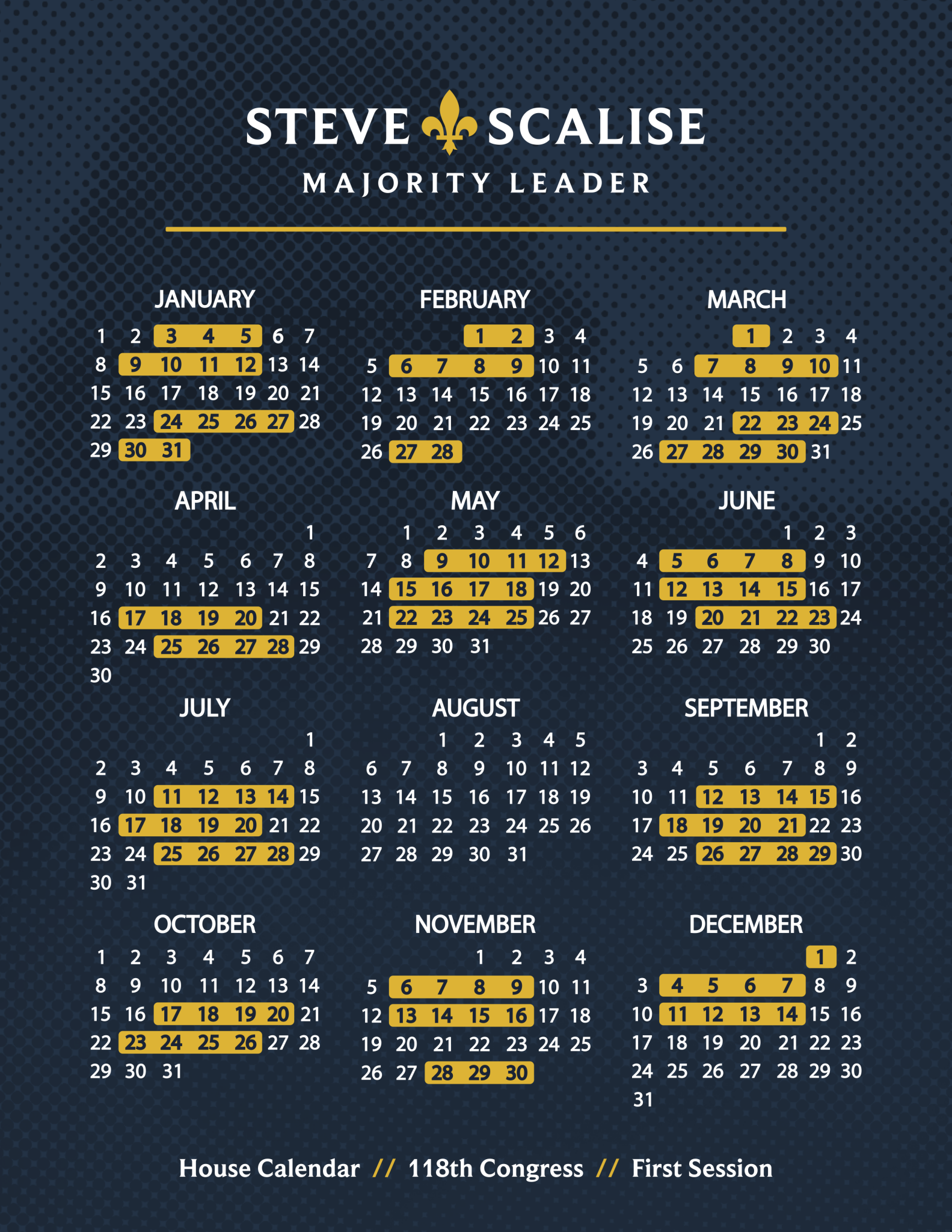Senate kills articles of impeachment against Alejandro Mayorkas
Table Of Content

Seats vacated during a term are filled through special elections, unless the vacancy occurs closer to the next general election date than a pre-established deadline. The term of a member chosen in a special election usually begins the next day, or as soon as the results are certified. Under Article I, Section 2 of the Constitution, seats in the House of Representatives are apportioned among the states by population, as determined by the census conducted every ten years. Each state is entitled to at least one representative, however small its population.
House of Representatives
During the first half of the 19th century, the House was frequently in conflict with the Senate over regionally divisive issues, including slavery. The North was much more populous than the South, and therefore dominated the House of Representatives. However, the North held no such advantage in the Senate, where the equal representation of states prevailed.
ISSUES

However, the Constitution states, "All Bills for raising Revenue shall originate in the House of Representatives." Because of the Origination Clause, the Senate cannot initiate bills imposing taxes. This provision barring the Senate from introducing revenue bills is based on the practice of the British Parliament, in which only the House of Commons may originate such measures. Furthermore, congressional tradition holds that the House of Representatives originates appropriation bills. A member of the House is referred to as a representative, congressman, or congresswoman.
The impeachment trial against Alejandro Mayorkas barely got underway. Here's a recap of what happened
Boehner subsequently served as House Minority Leader from 2007 to 2011, and McCarthy served from 2019 to 2023. Both were elected Speaker when the House reconvened after gaining a majority in their respective midterm elections. In 1998, when Speaker Newt Gingrich announced his resignation, neither Majority Leader Dick Armey nor Majority Whip Tom DeLay contested the Speakership, which eventually went to Chief Deputy Whip Dennis Hastert. Pelosi held a very narrow majority during this session of Congress, and the divisions between progressives and centrists often spilled into the open and stalled action on top priorities. Those on the left often wanted bolder policy proposals and more generous federal spending, while centrists argued for positions they maintained were more in step with voters in purple districts they represented and helped the party regain the majority in 2018. Procedurally, they also are responsible for sending out notices to the Representatives from their respective parties regarding the floor schedule, providing membership with copies of bills and reports and authoring their parties’ official positions on legislation up for debate.
Majority Leaders
Hence, the power of joint committees is considerably lower than those of standing committees. When the presidency and Senate are controlled by a different party from the one controlling the House, the speaker can become the de facto "leader of the opposition". Some notable examples include Tip O'Neill in the 1980s, Newt Gingrich in the 1990s, John Boehner in the early 2010s, and Nancy Pelosi in the late 2000s and again in the late 2010s and early 2020s.
Members were sworn into office on January 3, 2021
Many elements of the Contract did not pass Congress, were vetoed by President Bill Clinton, or were substantially altered in negotiations with Clinton. The Republicans retook the House in 2011, with the largest shift of power since the 1930s.[14] However, the Democrats retook the house in 2019, which became the largest shift of power to the Democrats since the 1970s. In the 2022 elections, Republicans took back control of the House, winning a slim majority.
The allocation of seats is based on the population within the states, and membership is reapportioned every 10 years, following the decennial census. House members are elected for two-year terms from single-member districts of approximately equal population. The constitutional requirements for eligibility for membership of the House of Representatives are a minimum age of 25 years, U.S. citizenship for at least seven years, and residency of the state from which the member is elected, though he need not reside in the constituency that he represents.
Oregon House Democrats pick Rep. Ben Bowman as new majority leader - Oregon Public Broadcasting
Oregon House Democrats pick Rep. Ben Bowman as new majority leader.
Posted: Thu, 21 Mar 2024 07:00:00 GMT [source]
In Pennsylvania’s 12th District, which includes Pittsburgh and some of its suburbs, first-term progressive Rep. Summer Lee, is facing a primary challenge over her opposition to the Israel-Hamas war. Bhavini Patel, a more moderate Democratic congressional candidate has tried to closely align herself with President Joe Biden. Candidates across these races are running on some of the biggest issues facing the country — from abortion to the war in Gaza to election integrity. And the candidates whom Democratic and Republican voters pick on Tuesday could give larger insights about their views on topics that appear central to this fall's general election.
Comparison to the Senate
As of 2022, first-past-the-post or plurality voting is adopted in 46 states, ranked-choice or instant-runoff voting in two states (Alaska and Maine), and two-round system in two states (Georgia and Mississippi). Starting with Republican Nicholas Longworth in 1925 and continuing until 1995, all majority leaders have directly ascended to the Speakership after the incumbent surrenders the position. A further dominating element of House organization is the committee system, under which the membership is divided into specialized groups for purposes such as holding hearings, preparing bills for the consideration of the entire House, and regulating House procedure. Almost all bills are first referred to a committee, and ordinarily the full House cannot act on a bill until the committee has “reported” it for floor action. There are approximately 20 standing (permanent) committees, organized mainly around major policy areas, each having staffs, budgets, and subcommittees.
The Minority Whip is a member of the minority party who assists the minority leader in coordinating the party caucus in its responses to legislation and other matters. They are reckoned as the second most powerful member of their party, behind the minority leader. The whip keeps track of all legislation and ensures that all party members are present when important measures are to be voted upon.
McCarthy was eventually elected minority leader in 2018, after Democrats won the House. As a check to the power of the Speaker and Majority Leader, the Minority Leader, selected from the membership of the political party with fewer seats in the House, serves as an advocate for their party’s concerns and procedural rights. Interestingly, although the Senate is sometimes referred to as the “upper body,” and the House as the “lower body,” the two legislative bodies hold the same amount of power within the U.S. system. Both must agree to, vote on and adopt pieces of identical legislation (known as bills) in order for the legislation to become law. Each state is guaranteed at least one member of the House of Representatives.
It is divided up, as it were, into forty-seven seigniories, in each of which a Standing Committee is the court-baron and its chairman lord-proprietor. These petty barons, some of them not a little powerful, but none of them within the reach of the full powers of rule, may at will exercise almost despotic sway within their own shires, and may sometimes threaten to convulse even the realm itself. The sergeant at arms is the House's chief law enforcement officer and maintains order and security on House premises.
Comments
Post a Comment